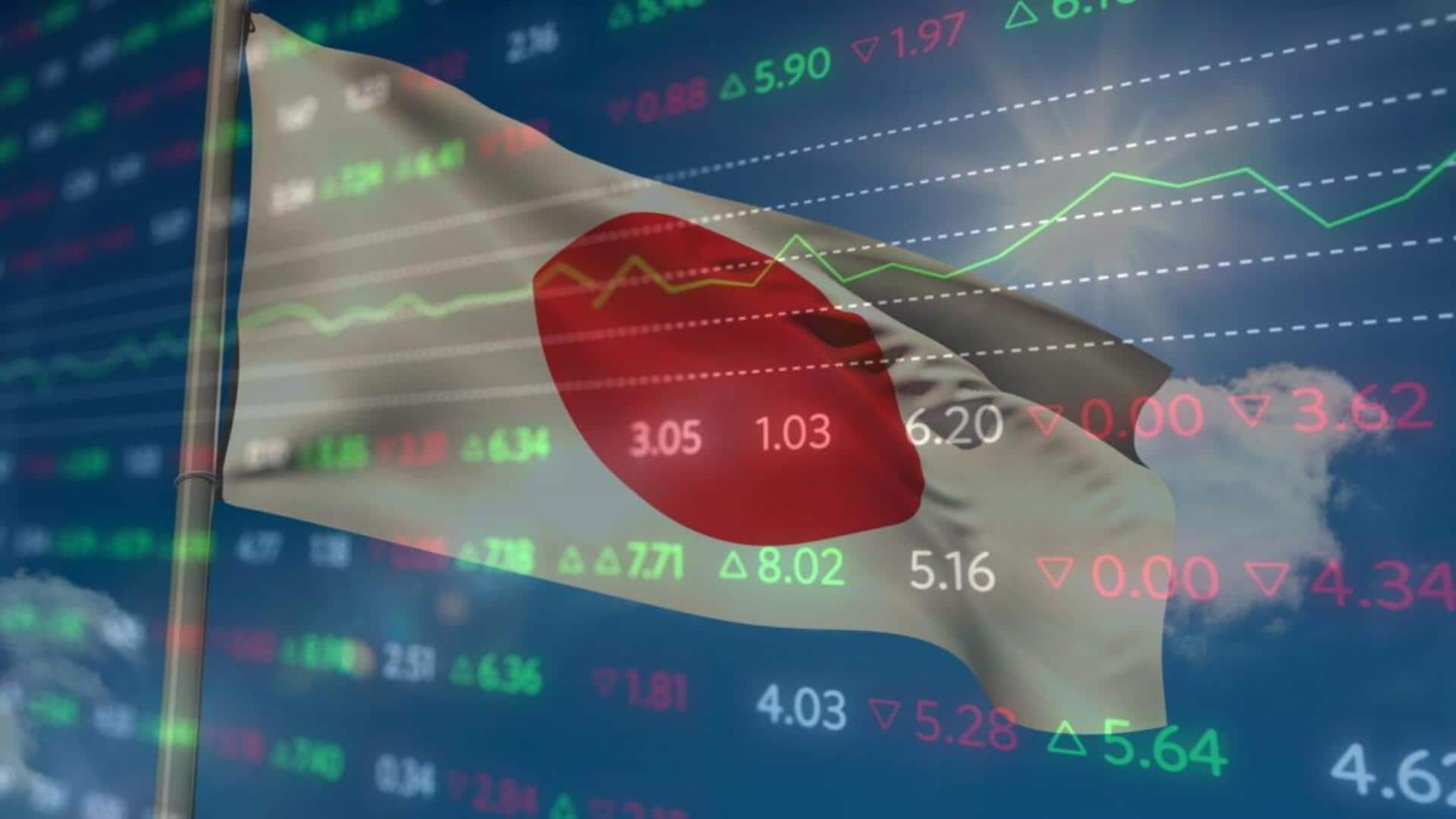
Japan raises interest rates to highest level since 2008
What's the story
In a historic move, the Bank of Japan (BOJ) has raised its short-term policy rate by a 25 basis points to 0.5%.
This is the first rate hike since July 2024 and the highest level since 2008.
The decision, which was supported by an 8-1 vote from Japan's monetary policy committee, highlights the BOJ's confidence in keeping inflation stable around its 2% target.
Market reaction
BOJ's rate hike strategy and market response
The rate hike is part of the BOJ's plan to gradually raise rates toward a neutral level of about 1% in a bid to keep the economy stable.
After the announcement, the yen rose 0.5% to 155.32 per dollar, while the two-year Japanese government bond (JGB) yield hit its highest since October 2008 at 0.705%.
Rate rationale
BOJ cites wage growth and inflationary pressure
The BOJ has cited rising wages and inflationary pressure behind its decision to raise rates.
The central bank noted progress in wage negotiations, with many firms planning steady wage hikes, thereby boosting domestic consumption and supporting inflation.
"Firms have expressed the view that they will continue to raise wages steadily, following the solid wage increases last year," the central bank said.
Future outlook
BOJ's inflation forecast and economic growth projections
In its latest quarterly report, the BOJ revised its inflation forecast upward, predicting core consumer inflation to hit 2.4% in fiscal 2025, up from the previous estimate of 1.9%.
The bank also anticipates that inflation will stabilize at 2% in 2026.
However, it kept its growth forecast for Japan's economy unchanged, projecting a modest expansion of 1.1% in fiscal 2025 and 1% in fiscal year (FY)2026.